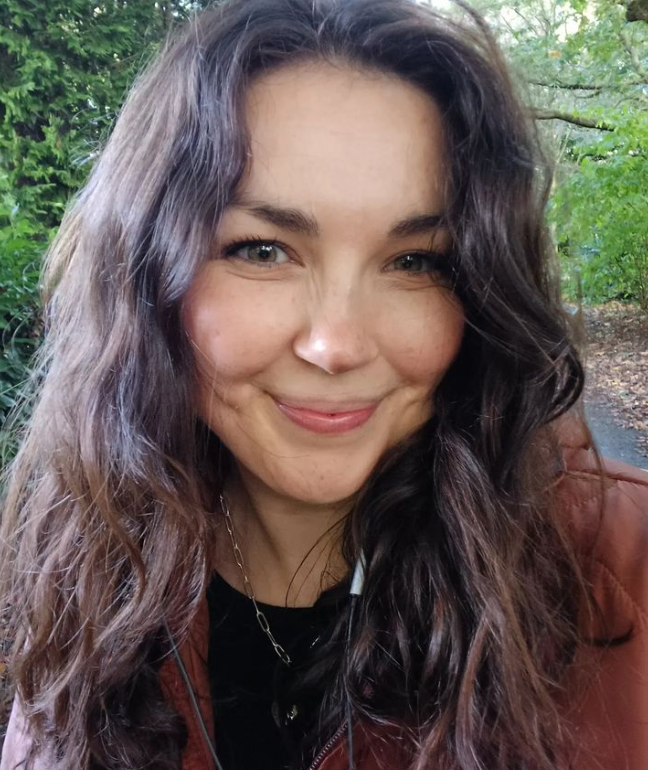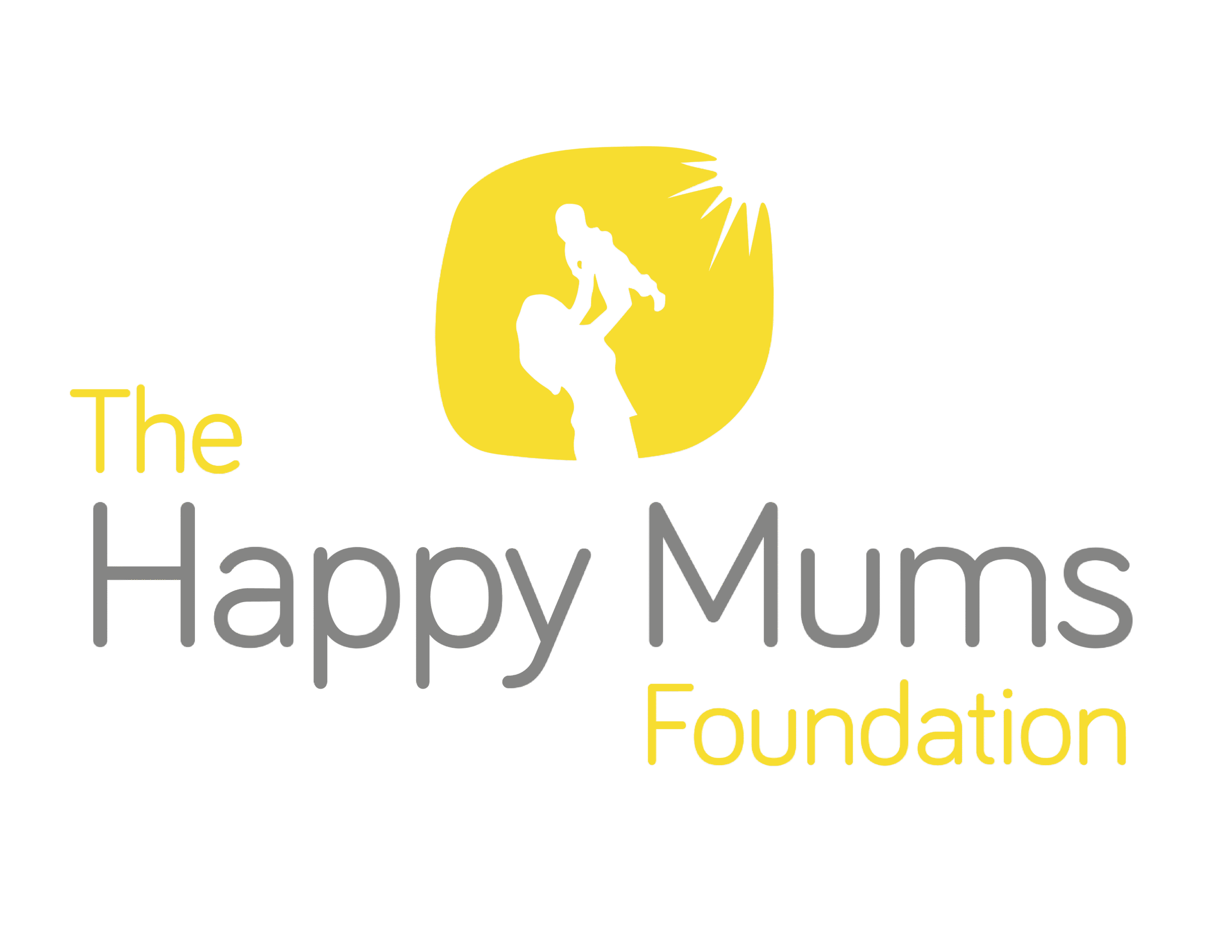
Who am I?
Hello, I’m Sarah Edge, a BACP-accredited counselor, psychotherapist, and supervisor specializing in maternal mental health and well-being.
I was drawn to this field through my own experience of psychological challenges after childbirth. This personal journey inspired me to support others facing similar challenges, as I understand firsthand how impactful empathy and understanding can be.
After several years of practicing as a counselor and supervisor, I started my own practice, driven by the kind of support I would have valued as a new mother. Over the years, I have expanded my work to include supervision, recognizing its essential role in supporting those who support others.
What is supervision?
As you know, becoming a mother is a profound life transition that deserves space for reflection, understanding, and validation. Having someone who ‘gets it’ to talk to can be incredibly valuable. From my experience and research, I know that what new mothers appreciate most is having their postnatal distress normalised and their unique experiences acknowledged. Providing this space is a valuable gift to others navigating motherhood.
Supervision is designed to support you as you offer this vital work, helping you grow personally and professionally. It is not about judgment or assessment but rather about replenishing you so you can continue your work with empathy and resilience. Supervision can provide a restorative space to process the emotional demands of supporting others, ensuring your well-being alongside that of your clients.
Supervision also acknowledges that, just as new mothers benefit from connection and understanding, so do those in caregiving roles. It’s crucial that professionals and volunteers in therapeutic services also feel safe, heard, and supported by someone who understands. That is the role of a supervisor—to be a source of guidance, reflection, and empowerment, making supervision not just a requirement but a valuable, integral part of your work.
As important as it is for new mothers to feel supported by and understood by other mothers, it is just as important for staff and volunteers providing therapeutic and support services, to also feel safe, heard and supported by someone who gets it.
How does supervision work?
I take a person-centred approach to supervision, believing that, like good therapy, good supervision should be straightforward and supportive. I aim to create a safe, respectful environment where you can freely explore your work, promoting both personal growth and professional development.
In our sessions, we’ll typically focus on three key areas:
- Your personal needs as both an individual and a practitioner, considering the unique context of your life, current responsibilities, and lived experiences.
- Mums experiences and the needs of those you support.
- Professional growth and development, with a focus on aligning supervision with your goals.
Our work together is built on mutual respect, professionalism, and shared experience, tailored to your personal and professional needs. My aim is to make supervision an empowering and enjoyable process that supports you in providing the best care to others.
If you would like to know more about me or my professional practice, you can check out my Instagram page @maternalmentalhealthwellbeing or my directory listing Sarah Edge – supervisor | BACP.
Happy Mums provides peer support groups for mums and Mums-to-be to share how they really feel without judgement.
Join a Support Group
Support Us to Support Mums
Staying Safe
If you are experiencing a mental health crisis or feeling like you want to die, it’s important to tell someone.
– Samaritans – Phone: 116 123 Email: jo@samaritans.org
– Contact your GP and ask for an emergency appointment
– Phone 111 out of hours and they will help you find the support and help you need
– Contact your local Access Liaison Integration Service (ALIS) team – Phone: 03001239015 or freephone: 08006522865
If you need immediate help, and in the case of serious injury, call 999 or go straight to A&E
